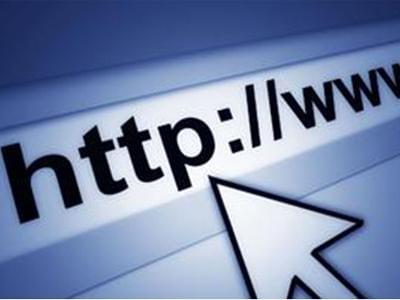Technology
Left’s Promise To Provide Internet Access In Kerala As A Basic Right Is Simply Big Talk
Srikanth Ramakrishnan
Mar 08, 2017, 10:02 AM | Updated 10:02 AM IST
Save & read from anywhere!
Bookmark stories for easy access on any device or the Swarajya app.


Kerala recently made news by announcing that it would make ‘right to access internet’ a basic right. The proposal was made by the state’s Finance Minister Thomas Isaac while presenting the budget for the state. Under this proposal, the Kerala Fibre Optic Network (K-FON) would be set up with an allocated budget of Rs 1,000 crore to provide free internet access to 20 lakh households in the state. So far, Finland is the only nation that has declared ‘broadband as a legal right’, back in 2010, thus entitling each Finn access to a 1Mb/sec (megabits per second) connection.
Now, this may sound like good news to many, but there are a few points to ponder in this scenario.
The Hypocrisy Of The Left
The Left, namely the Communist Party of India (Marxist) and its junior partner, the Communist Party of India, the CPM and the CPI respectively, have in the past cribbed and opposed moves to improve broadband connectivity. When Prime Minister Narendra Modi launched the Digital India programme in 2015, it was created with three aims: creation of digital infrastructure, delivery of services digitally and improving digital literacy. It was under Digital India that the National Optic Fibre Network (NOFN), languishing under the erstwhile United Progressive Alliance (UPA) government, was expedited to provide reliable internet connectivity to rural households. Sitaram Yechury, the General Secretary of the CPM, attacked Modi when he visited Silicon Valley to garner support for the Digital India programme, calling it a Jumla, because of lack of connectivity.
It must be emphasised that like any infrastructure project undertaken at the Union level, such as railways and highways, NOFN too is reliant on good centre-state relations. Land acquisition for laying fibre networks requires the state government to be proactive. Further, is Kerala justified in spending Rs 1,000 crore on laying a fibre optic network and providing internet access for free when the Centre has allocated funds for rural connectivity across all the districts, totalling 161 blocks and 987 gram panchayats? In 2015, the Idukki district became the first in the country to feature a high-speed broadband network for rural connectivity, once again, built as part of the NOFN.
Censorship
The Left is not known the world over for allowing free speech when it is in power. The world’s largest communist nation, China is also known to be the frontrunner in censorship. Free internet access to households? Reminds people of Facebook’s Internet.org and Free Basics programme doesn’t it? Both were squashed in India over concerns relating to censorship and internet control. If the government now provides free internet, won’t it be exactly the same issue? Will this free internet come with riders on what you can do and more specifically what you cannot do with this access? So much for freedom of expression and dissent.
Other Factors
Kerala, while being the most urbanised state in India, is known for providing a hostile environment for infrastructure. Right from opposition to wider highways to railways, and even dams, Kerala is not known to be friendly to infrastructure development. Further, the state is reeling from excessive power shortage, and the government’s only solution, apart from piggybacking on centrally sponsored schemes is to revive the controversial Athirapally dam project that won’t add much power to the starved electricity grid in the state. When there is power shortage, how good will internet be for citizens?
Kerala’s move is a highly hypocritical one. The centre’s move to provide access to internet by means of the NOFN and then letting people pay for their internet at lower costs (Economics of Scale) would seem to be a better model to follow than this one.
If Digital India was to be criticised, how is Digital Kerala just what the doctor ordered for God’s own country?
Srikanth’s interests include public transit, urban management and transportation infrastructure.




